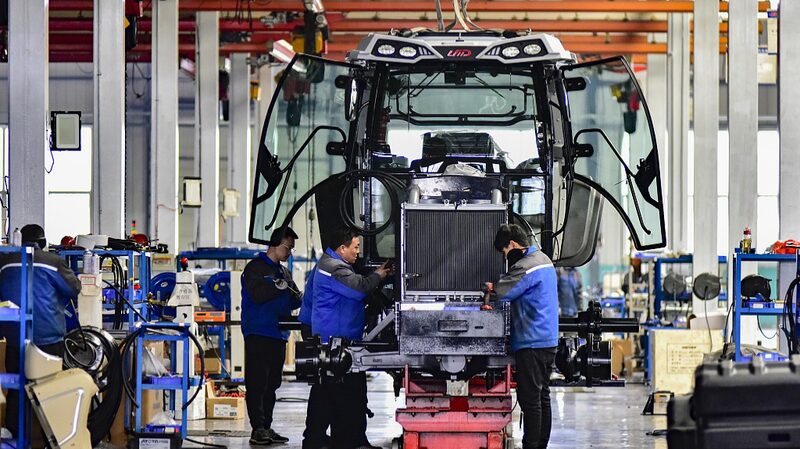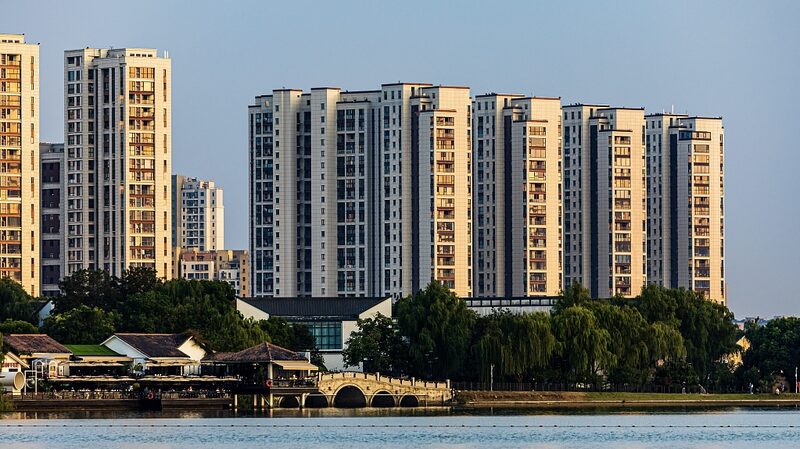In a nation steeped in tea culture, Yunnan Province has quietly transformed into the heart of China’s coffee revolution. What began in 1904 with a single Arabica seedling planted by French missionary Henri Audet in a remote village now fuels a multibillion-dollar industry reshaping global trade dynamics.
From Curiosity to Economic Powerhouse
Market data reveals explosive growth: China’s coffee consumption skyrocketed 167% year-on-year to 350,000 tonnes in 2023, with Yunnan commanding 98% of domestic production. The province’s 140,000-ton annual yield meets rising domestic demand while increasingly supplying international markets.
Global Giants Stake Their Claims
Nestlé’s 1988 investment marked Yunnan’s pivot to commercial production. Starbucks followed, sourcing beans since 2009 and establishing its first Asian sustainability hub in Pu’er three years later. Local players now compete fiercely – Luckin Coffee’s new Baoshan processing plant signals shifting battlegrounds from retail to raw material control.
Climate Challenges Elevate Strategic Value
As extreme weather disrupts traditional coffee powerhouses like Brazil and Vietnam, Yunnan’s green bean prices surged past RMB60/kg. Premium Geisha varieties now command up to RMB2,000/kg, reflecting both quality improvements and global supply pressures.
Sustainable Growth Through Innovation
Provincial “Coffee Six Policies” since 2022 have boosted premium bean rates by 8.4 percentage points, with 14 certified boutique estates operational by 2024. Export figures confirm the strategy’s success – 32,500 tonnes shipped globally in 2024, a 358% annual increase.
Analysts highlight Yunnan’s unique position at the crossroads of agricultural tradition and modern supply chain innovation, suggesting its elevation in global coffee circles mirrors China’s broader economic transformation.
Reference(s):
Yunnan Coffee Blossoms into a Global Force in China's Booming Market
thepaper.cn








